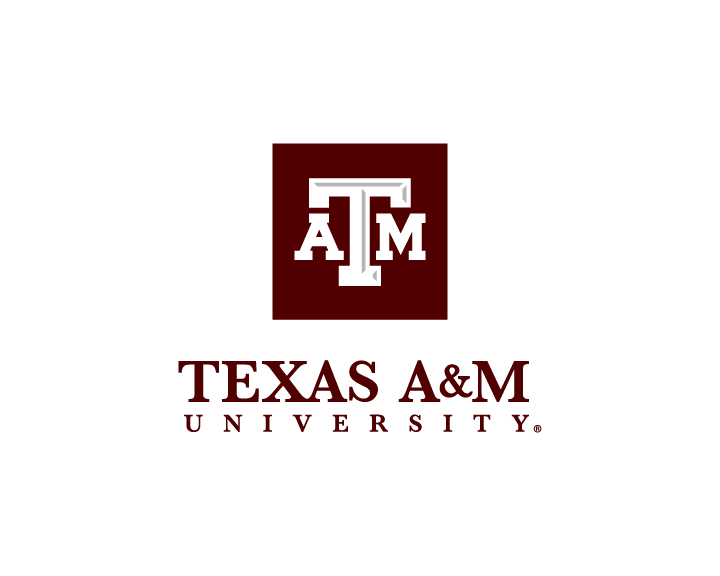Texas A&M: Texas A&M Team To Expand Mental Health Services For Children
To help increase overall access to mental health care, the Health Resources and Services Administration (HRSA) has awarded a team of researchers at Texas A&M University a four-year, $1.6 million grant that will help provide integrative health services to children and adolescents in underserved areas as part of a project titled “Texas A&M University Telehealth for the Expansion of Adolescent and Child Healthcare,” or Texas A&M TEACH.
Led by Carly McCord, clinical assistant professor in the Department of Psychiatry at the Texas A&M University College of Medicine, the grant will provide 10 $25,000 stipends and specialized training and support to psychology doctoral students in Texas A&M American Psychological Association accredited programs annually.
“Our ultimate goal with this grant is to increase access to care by equipping students to work ‘cradle to grave,’ across a full human lifespan,” McCord said. “A lot of times in psychology doctoral programs you’ll have students that graduate and have only seen adults or only seen children. These future mental health professionals may end up being the only providers serving in their area, so they need to be ready to see any age group that comes through the door.”
Nearly one in five children has a mental, emotional or behavioral disorder such as anxiety or depression, attention-deficit/hyperactivity disorder (ADHD) or obsessive-compulsive disorder, according to the Centers for Disease Control and Prevention. About 80 percent of these children do not receive care from a specialized mental health care provider due to a variety of factors, such as a lack of mental health professionals in the nation, especially in Texas.
This grant will expand behavioral health services to children and adolescents at three different primary care clinic sites: Health Point, Texas A&M Health Family Care and Falls Community Hospital and Clinic.
Meredith Williamson, clinical assistant professor at the Texas A&M Family Medicine Residency program, will serve as the co-principal investigator and help oversee the integration of the behavioral health services in each primary care clinic. Whitney Garney, assistant professor in the Department of Health and Kinesiology at the College of Education & Human Development, will serve as the co-investigator and lead the evaluation team.
“I’m very excited to have this opportunity to add services for kids and adolescents because it’s really hard for them to access those services,” Williamson said. “Our goal is to connect these children with primary care settings where they can both get their medical care and their behavioral health care in one spot.”
The project will also expand the programs already offered by Texas A&M and funded by the state, as part of the Texas Child Mental Health Care Consortium (TCMHCC), a plan that fosters collaboration and coordination among Texas medical schools to solve the state’s workforce issues related to mental health.
The project will allow the team to connect kids in the Texas Child Health Access Through Telemedicine (TCHATT) program — a project within the TCMHCC plan — and increase access for kids within the school setting. Additionally, it will connect kids to primary care services that will be bolstered with behavioral health supports through the grant.
“By partnering with these clinic sites and putting these psychology doctoral students in their primary care settings, we do both things: we can get these TCHATT kids connected to a primary care doctor, and we can connect them to counseling services if they need longer-term services,” McCord said.
Through TCHMCC funding, these clinics can also sign up for Children Psychiatry Access Network (CPAN). Doing so will allow primary care providers working at the partner sites to receive consultation with child psychiatrists at Texas A&M at no cost.
“The two most important aspects to this grant are the training side and the service side,” McCord said. “I want to look back in four years and see the number of lives that we impacted and changed and to see the number of folks that were able to access services that weren’t there before. I want our project to successfully equip 40 doctoral students with funding and expertise who are able to work across the human lifespan and serve in underserved communities.”

